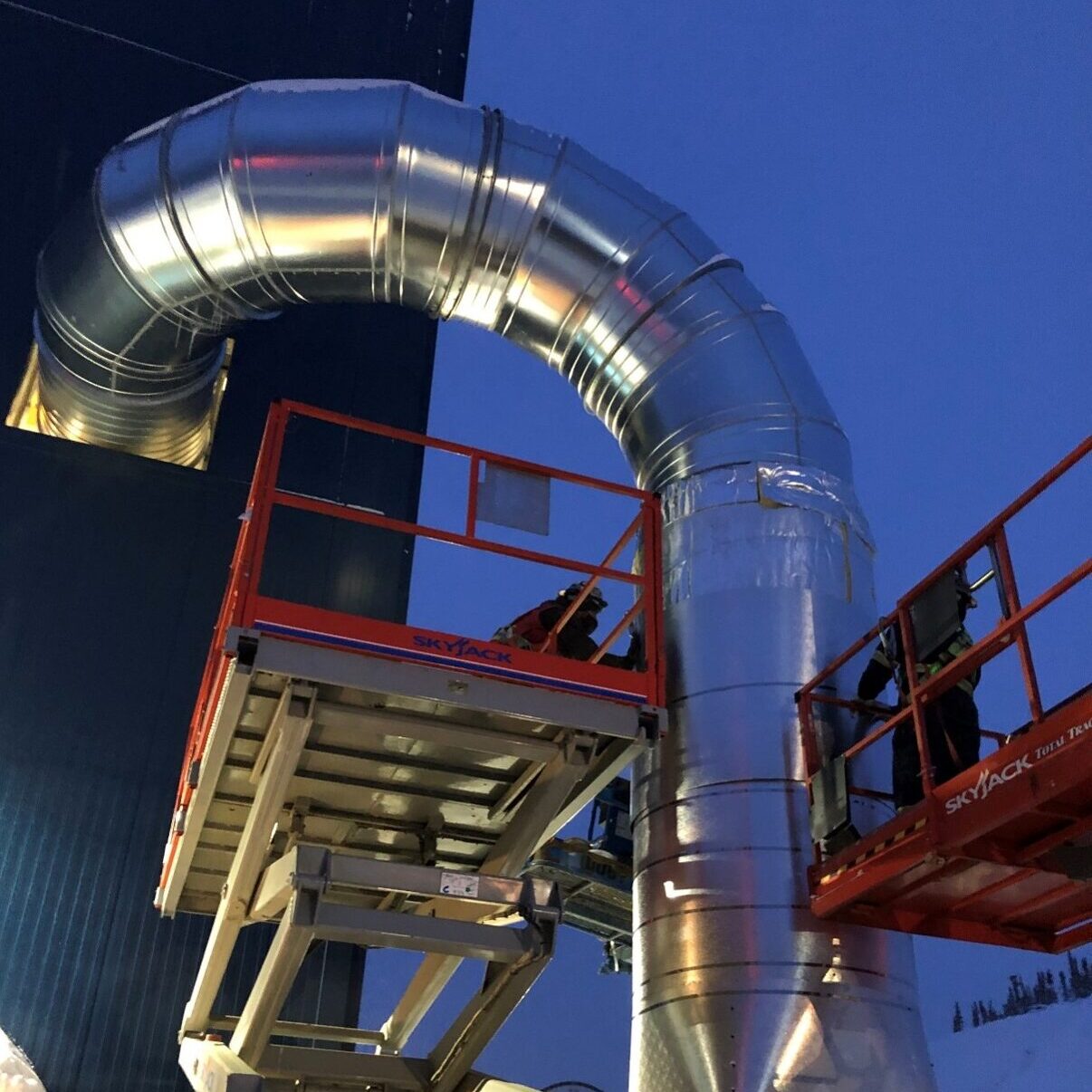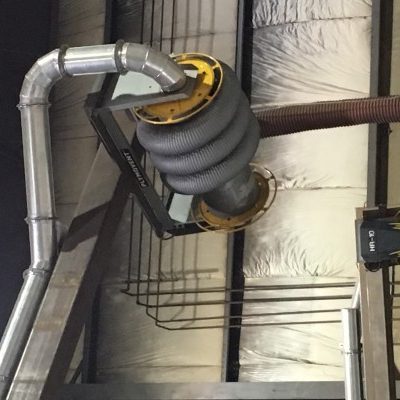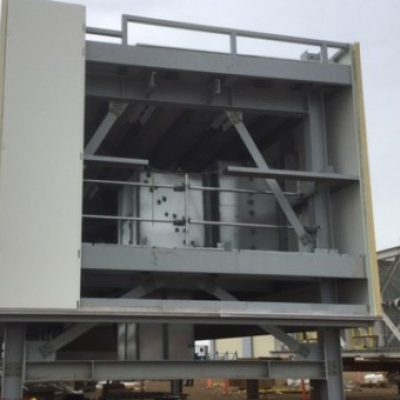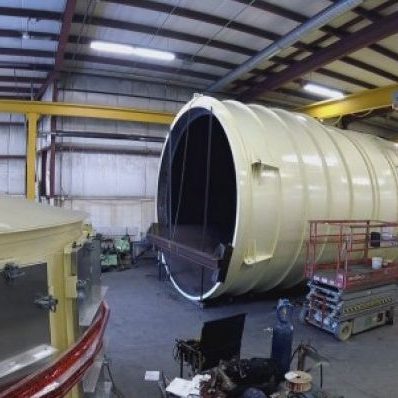Simply having a dust collection system installed is not enough to ensure a safe and efficient facility forever. Dust collection system assessments are recommended to ensure your system and its components are working as intended, with safety in mind. When it comes to handling combustible dust, complacency is not advised.
Why Do You Need a System Assessment?
System assessments ensure your indoor air quality and debris collection are up to par and that your system and its equipment are working as efficiently as possible. An assessment will let you know if you are up to date with the latest compliance and NFPA regulations and guide any actions you need to undertake to remedy a shift in compliance before a catastrophic incident takes place.
Our assessments cover a number of areas:
- Ensure the system is installed to code and NFPA compliance.
- Test the air to make sure it is free of debris and impurities.
- Provide timely audits to make sure the system is operating as intended.
- Continually look for ways to upgrade and improve the dust collection system.
- Provide your team with the financial information needed to make crucial well informed budgeting and capital expenditure decisions before they become catastrophic life or business altering events.
NFPA COMPLIANCE
The National Fire Protection Association (NFPA) is an international organization that creates fire and electrical hazard regulations, standards and codes that apply to all industries.
Meeting NFPA Standards
- Dust control systems are put in place for more than creating a purified air environment. The fire and explosion risks associated with dust buildup also pose a significant threat.
- NFPA codes promote electrical and fire safety in the workplace and ensure a company is operating in the best interests of their employees. Being NFPA certified minimizes risks and damage to property, personnel and equipment.
Ensuring NFPA compliance is a top priority of our dust collection system assessments. Whether you are installing a new dust control system or upgrading outdated components, VETS can help you ensure your facility is operating safely and in compliance with NFPA standards.
AIR TESTING FOR AN EFFICIENT PRODUCTION SYSTEM
Implementing dust control devices such as spark detectors, abort gates, backflow preventers, fans, dust collectors, and other components installed in your facility is not enough to ensure an efficient system – proper maintenance and care is also required.
Why You Should Consider an Air Test
Air testing plays a large role in ensuring that the airspeed and air volumes within the ductwork of your systems are to the design parameters required to safely move materials. This also prevents plugging as well any explosive risk due to incorrect air volumes.
Air testing is a primary way to identify the toxins or debris that employees may be exposed to and machines might be collecting. Testing also helps determine the fire risk in your facility by pinpointing the amount and size of dust and debris in the atmosphere.
Air testing in an industrial facility is critical because of the wide range of pollutants that might be present in the air. Dust and mold are often a constant threat, and in manufacturing processes harmful and volatile organic compounds are also common.
Smoke and fumes from machinery, disinfectants, paints, varnishes, formaldehyde and asbestos are toxins frequently found in an industrial setting.
The Air Testing Process
Air testing in an industrial facility is accomplished by a combination of monitoring and evaluation. Devices can be installed that will detect a harmful presence in real time. Air samples can be captured and tested to give a more definitive answer as to what type of pollutants may be inhabiting your facility’s air supply.
Preventive Maintenance
Preventive maintenance and monitoring of systems to ensure everything is working correctly, along with documentation of maintenance performed, are part of the compliance required by NFPA.
AIR SYSTEM CONSULTATIONS
Air system consultations are designed to provide you with available options. A specific air system consultation is the best way to tailor a plan for your individual dust control needs.
Air system consultations begin with identifying your needs. Typical questions include:
- What materials are you manufacturing?
- What is the current dust collection and/or air movement system in place?
- How many employees or visitors are present in working areas?
- Do you need for an industrial strength air system or a smaller scale solution?
- What is your intended budget for upgrading your existing air system?
- Identifying your product, your building and your needs helps us develop a proper air management implementation schedule.
AIR SYSTEM AUDITS
Professional air system audits are one of the best ways for a facility manager to get a no-nonsense statement of their current air management practices.
Air system audits allow building management to know what they are doing correctly in their current air management methods, as well as help identify areas that may be of concern currently or in the future.
What’s covered in an air system audit?
- Audits can identify any leaks in the system, which might be creating debris or a loss in energy efficiency.
- Your facility may be losing efficiency due to unnecessary loops or connections in the air system. Pressure tests and subsequent modifications will help improve the air system performance immediately. We perform air system audits on ductwork to ensure air is routed properly.
We answer the following:
- Are you using the right equipment to transport air?
- Is your system sized correctly for your needs?
- Can you benefit from adding supporting air system components?
















